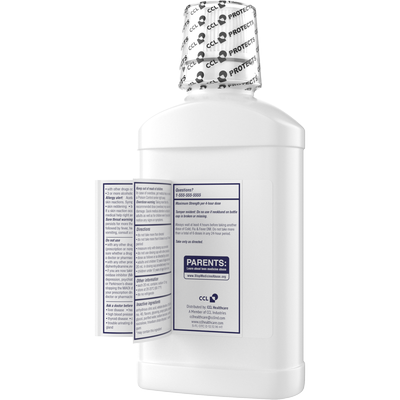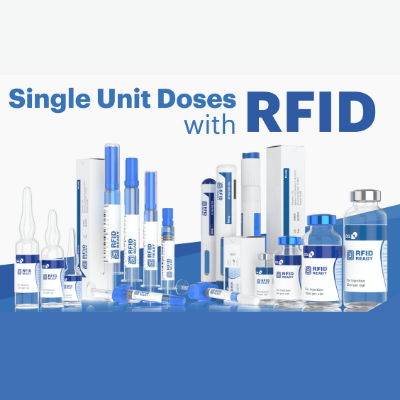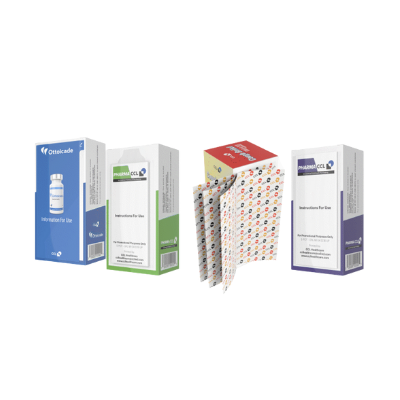Over-the-Counter Expanded Content Booklet Labels and Their Benefits Explained

Expanded content labels are known by a few names. They are referred to as extended content booklet labels (ECL booklet labels), booklet labels, or even OTC booklet labels. Regardless of the name, these labels have an integrated booklets and are essentially brochures that are attached to the outside of medication bottles or packaging.
Recap: Single Unit Doses with RFID

The CCL Packaging University Course dives into why RFID-enabled drug products and cloud data solutions are a packaging game changer. For pharmacists, Kit Check allows providers to practice at the top of their license, rather than spend time manually restocking and managing the medication supply chain. For pharmaceutical companies to be competitive, Kit Check labels add value by being able to track the life cycle of the product.
Affix It: ECLs and A Variety of Other Options

Expanded Content Labels (ECLs) has allowed for all the important content to be presented in a compact way. More convenience is added when the ECL is directly affixed onto the carton. CCL has a new division that specializes in cartons. CCL Specialty Carton has paved the way for an even larger array of folding cartons. The larger selection of folding cartons gives you the ability to choose the perfect fit for your product. Whether you need a different enclosure, insert, window, or all three, there are solutions. The possibilities are endless for your product even if you have a kitted solution. The best part is that we have all the capabilities of affixing the ECL masterfully on your product the way you want it along with anything else you may need to add.